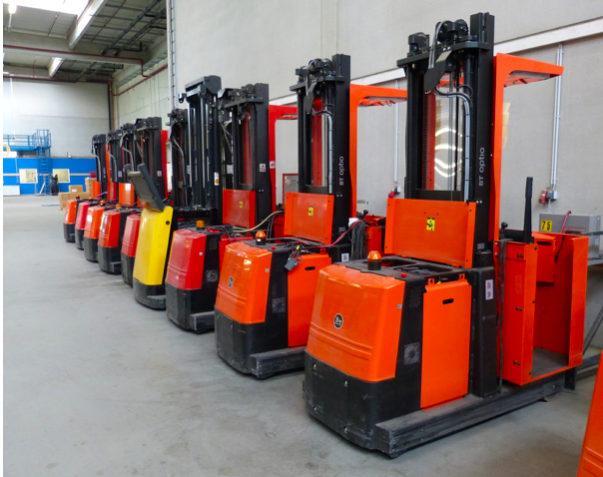by Lina Martinez
Buying equipment may not always be the best option for your business. A growing number of companies are renting equipment, whether it’s leasing or hiring short-term. Here are just some of the benefits of rented equipment.
Lower upfront costs
A big reason that renting has become more popular is because it can be more affordable. Business equipment can often be expensive to buy and renting reduces upfront costs. Even when it comes to buying equipment on finance, renting can come with a lower deposit. This can be a big appeal for start-ups that may need to acquire lots of expensive equipment at once. It also makes financial sense to hire single-use equipment short-term – why buy a laminating machine that you’re only going to use once when you can hire it.
Higher standard of equipment
In many cases, renting also allows access to higher quality equipment. As a restaurant start-up, you may only have a budget small enough to buy low-quality industrial kitchen equipment. However, renting could allow you to acquire the best kitchen equipment out there for the job. This equipment could be important for more efficient and better-quality food production. When leasing equipment, you’ll usually have the option to upgrade after your lease contract is up so you can affordably keep up to date with new tech trends. A good hire company meanwhile will always supply equipment that is top of the range and in good condition.
Liability of damage/loss
Renting could also allow you to relinquish some of the liability of damage and loss, potentially saving you money if equipment needs repairing or is stolen. This can be particularly useful with the likes of pallet rental, in which rough handling and transportation can increase the risk of damage or loss. Damage inflicted by yourself may still be something that you have to pay repairs for, but natural wear and tear and theft may be something that you no longer have to worry about.
When to not rent equipment
As much renting has its benefits, there are times when it’s not always the best option.
If you need to modify or customise equipment, buying might be a better option. This could be important for specific manufacturing equipment in which parts need to be custom-made and possibly altered in the future. There are likely to be companies that specialise in this custom-made equipment.
Renting can also work out more expensive in the long run. If you’ve got enough savings to buy equipment outright, it could be a more financially sensible option to buy rather than rent. Most people that hire equipment are on a tight budget and don’t have these savings behind them, which is why it’s a more affordable option for them. Some rental companies may eventually offer the opportunity to buy equipment (possibly at the end of a lease), but you’ll usually pay a lot more that were you to buy from anywhere else.


